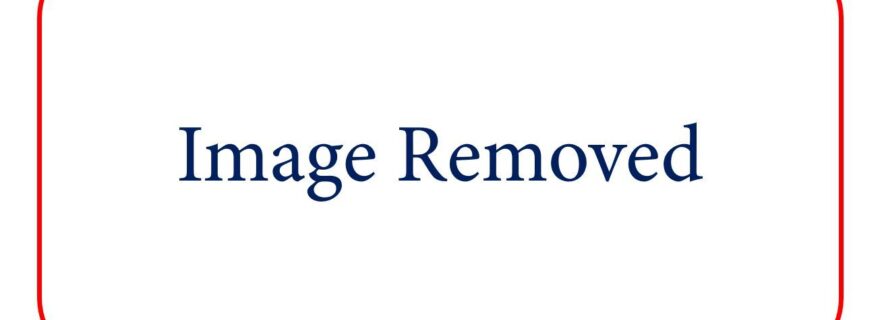Renewed struggle for Muslim identity can lead to sectarian violence in the Netherlands
The sectarian tensions among Sunni and Shia Muslims has the potential of spilling over from the Middle East to other countries.
Sectarian tensions among Sunnis and Shias in Syria and Iraq, but also in countries such as Afghanistan, Lebanon and Pakistan, have led to increased violence and attacks on – for example – mosques and shrines. But it is not just the Middle East we should be worried about. The same sectarian divide may eventually fracture Muslim populations in Western Europe. Instances of sectarian violence between Sunnis and Shias in Belgium, France and Great Britain support this claim. The Netherlands is witnessing increased sectarian tensions between its Sunni and Shia Muslim population as well, although it has not led to significant violent actions yet.
The Muslim population in the Netherlands increased over the last fifty years from an estimated 5,000 Muslims in 1951 to 945,000 Muslims in 2004. This sharp increase is mainly due to the influx of migrant workers from Turkey and Morocco and refugees from war-torn countries such as Afghanistan and Iraq. Immigrants from Muslim majority countries to the Netherlands assimilated into a liberal and relatively secular context within which they formed communities largely organized along ethnic lines. The two biggest immigrant communities are the Turkish and Moroccan immigrants, the majority of which are Sunni. The Shia Muslim population in the Netherlands is much smaller in size and consists mainly of Afghan and Iraqi immigrants.
Since the ‘ethnicization’ of Islam in the beginning of the twentieth century, a gap between the older and younger Muslim generation emerged. While parents were having trouble raising their children in a new country with a different culture, they strongly held on to homeland traditions. The younger generation is much more focused on how to be a ‘good’ Muslim in a liberal society. The current sectarian conflict in Syria and Iraq provides the backdrop for a new struggle for the younger ‘identity seeking’ Muslim generation who no longer identify themselves with (i) the land of origin, or (ii) a collective Muslim identity. Instead, they feel either Sunni or Shia.
This renewed search for identity among younger Muslim generations in the Netherlands may eventually lead to polarization, extremism and escalated violence between Sunnis and Shias. It sharpens the schism between the two Islamic denominations when it comes to their different practices or interpretations of Islam. Presently, a small part of the Dutch Sunni and Shia population considers member of other sects to be kuffar (infidels). That is a dangerous perspective as it can serve to legitimize violent actions against members of the other groups or infidels.
However, the vast majority of the Dutch Muslim community disagrees with this extreme interpretation of Islam. Nonetheless, those who disagree are hesitant in denouncing these statements because of the securitization of Islam in the Netherlands by right-wing politicians. They see Islam as an alien and dangerous religion. Besides, formal Islamic actors – like organizations and mosques – are afraid of losing financial foreign contributions if they publicly state different interpretations of Islam.
It is partly the responsibility of the Dutch government to stimulate formal Islamic actors (specifically imams or Islamic scholars who have authority) to speak up when it comes to extreme interpretations of Islam, such as countering takfir (the practice of one Muslim declaring a non-Muslim or apostate to be a kuffar). Also, the Muslim community has its own responsibility to guide their youngsters in their identification process. Let us be aware of this identity-struggle and don’t let the renewed struggle for identity lead to sectarian violence in the Netherlands.


